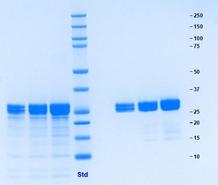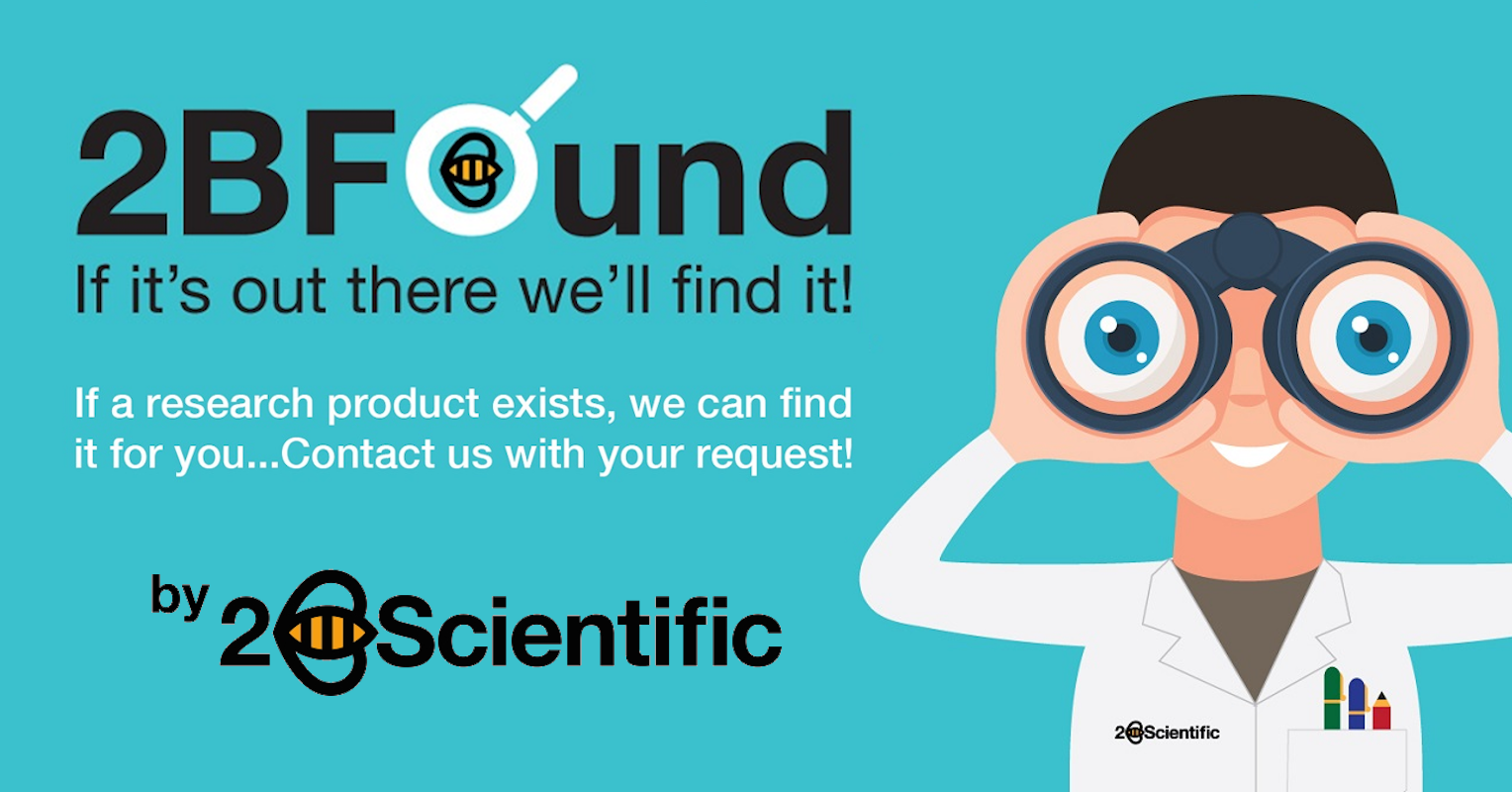
Cathepsin G
Product Sizes
0.05 mg
16-14-030107-0.05MG
0.1 mg
16-14-030107-0.1MG
1 mg
16-14-030107-1MG
About this Product
- SKU:
- 16-14-030107
- Additional Names:
- CatG, CTSG|Sepsis, Emphysema, Rheumatoid Arthritis, Inflammation, Cystic Fbrosis, In Vitro Diagnostic
- Buffer:
- Salt-free lyophilized solid.
- CAS Number:
- 107200-92-0
- CE/IVD:
- RUO
- Extra Details:
- Cathepsin G (CTSG), encoded by the CTSG gene on chromosome 14q11.2, is a neutrophil-derived serine protease stored in azurophilic granules. Structurally, it features a catalytic triad (His57, Asp102, Ser195) that enables dual chymotryptic and tryptic activities in humans due to a primate-specific Glu226 substitution. Beyond degrading collagen and proteoglycans, CTSG processes chemokines (e.g., CCL15, CXCL5) into potent chemoattractants, activates matrix metalloproteinases (MMP-2, MMP-9) to drive tissue remodeling, and generates angiotensin II from angiotensinogen via cleavage at Phe8 and Tyr4. This angiotensin II production enhances vascular permeability by disrupting endothelial cadherins and tight junctions, contributing to edema in sepsis and acute lung injury1. Clinically, CTSG is implicated in emphysema through synergistic elastin degradation with neutrophil elastase and proteinase 3, and in rheumatoid arthritis (RA) by recruiting monocytes via chemerin activation and exacerbating synovial inflammation. Elevated CTSG levels correlate with RA severity and serve as a diagnostic biomarker. In cystic fibrosis, dysregulated CTSG promotes lung matrix breakdown, while in Alzheimer's disease, it cleaves amyloid-B Beta precursors. Therapeutically, CTSG inhibitors like A Alpha1-antichymotrypsin and investigational monoclonal antibodies attenuate vascular leakage and inflammation in preclinical models. Its dual protease activities and role in immune cell recruitment position CTSG as a promising target for autoimmune and degenerative disorders.
- Formulation:
- Salt-free lyophilized solid.
- Molecular Weight:
- 23,500 Da
- Physical State:
- Lyophilized
- Purity:
- ≥95%
- Purification:
- Liquid Chromatography Methods
- Shipping Conditions:
- Blue Ice
- Source:
- Neutrophils shown to be non reactive for HBsAg, anti-HCV, anti-HBc, and negative for anti-HIV 1 & 2 by FDA approved tests.
- Storage Conditions:
- Please refer to datasheet
- Supplier:
- Athens Bioscience, Inc.
- Type:
- Proteins, Peptides, Small Molecules & Other Biomolecules: Enzymes


